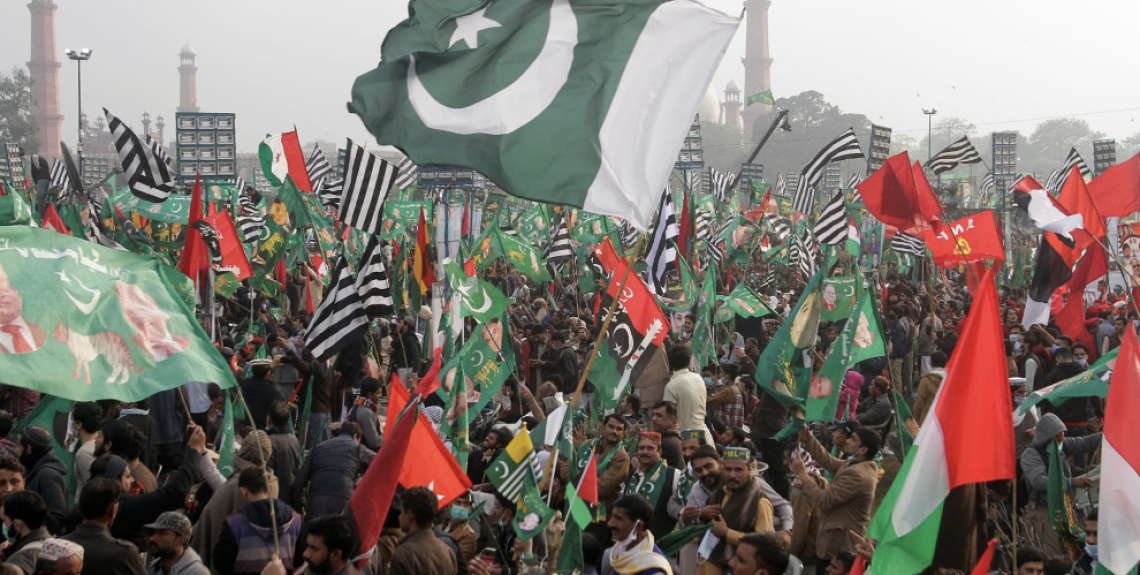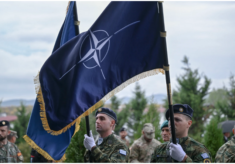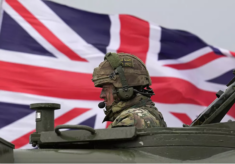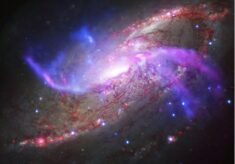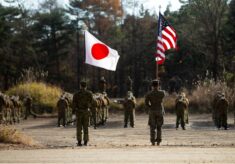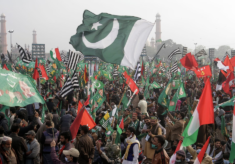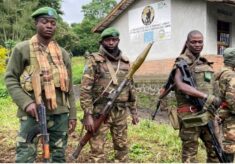Pakistan is living one of the worst political upheavals since its foundation in 1947. Three main factors are shaking the country: the strong economic crisis with the absence of opportunities for Pakistan’s population; the arrest of the former Prime Minister, Imran Khan; and the presence of terrorist organizations in Khyber Pakhtunkhwa (KP) and Balochistan provinces.
The deep social, political and economic divisions within the country induce the Army to manage politics, behind the scenes and with iron fist.
On the economic front, with a new International Monetary Fund (IMF) programme in addition, strategic investments from China and the Arab Gulf states, some analysts suggest that Pakistan will likely ride through its immediate economic crisis. The IMF has already approved the release of the last $1,1 billion tranche of the previous bailout package, and a new $8 billion package is now under negotiation.
On the political front, the situation is volatile. The arrest of prime minister Imran Khan on the 5th of August 2023 on one hand, and Pakistan’s 12th general elections, held on last 8th of February without the presence of Imran Khan on the other, have brought a political and social polarization in the country. The elections were carried out to elect the members of the 16th National Assembly, showing at the same time both the persistence of traditional dynastic parties and the powerful influence of the militaries.
Furthermore, on the 12th of August retired-general Faiz Hameed, a former head of the Inter-Services Intelligence (ISI) agency during the Imran Khan’s tenure was detained in connection with a land development case. The detention of a former ISI head is a remarkable precedent in Islamabad’s history and it is part of a reshuffle against all Imran Khan’s men.
The Deep State (the power constellation of militaries, secret services and high-level buraucrats), was accused of rigging the vote in favour of the Pakistan Muslim League-N’s leader Nawaz Sharif to keep the Pakistan Tehreek-e-Insaf’s leader Imran Khan out of the electoral race. Observer groups and members of the international community, including the USA, United Kingdom and the European Union, have voiced their doubts about the fairness of the elections.
Imran Khan’s supporters, through the social media, could be able to mobilize nationwide protests in the country in the times ahead. Independent candidates affiliated with the Pakistan Tehreek-e-Insaf (PTI) – barred from running under the party banner – won more directly elected seats in the National Assembly than any of the traditional political parties. However, the PTI-affiliated independent candidates failed to secure a majority and could not find coalition partners. Shebaz Sharif, younger brother of Nawaz Sharif, was chosen by the Pakistan People’s Party (PPP) and the Pakistan Muslim League to be Prime Minister. He had previously held the post between April 2022 and April 2023.
Regarding terrorism acts in Khyber Pakhtunkhwa (KP) and Balochistan, Pakistan experienced its most violent period of the year so far with 722 people losing their lives, and 615 others injured in 328 incidents. The launch of a military operation Azm-e-Istehkam (Resolve for Stability), last June has yet to have an impact.
Pakistan’s terrorism and instability has direct roots in Afghanistan where the TTP (Tehrik-e-Taleban Pakistan, Pakistani Taleban Movement) since 2007 fights against the Islamabad regime. And through links to the Afghan Talebans, dangerous links are present in Central Asia through Tajik and Turkestani militants under different organisations. Chinese citizens have been directly attacked in 2021 near a dam site (Dasu project), while building the facility in North Western Pakistan. Forgetting Pakistan and the adjoining countries risks to be paid as dearly as on the 11th of September 2001.
Simone Nella
Strategic Analyst, Lecturer and Arabist

